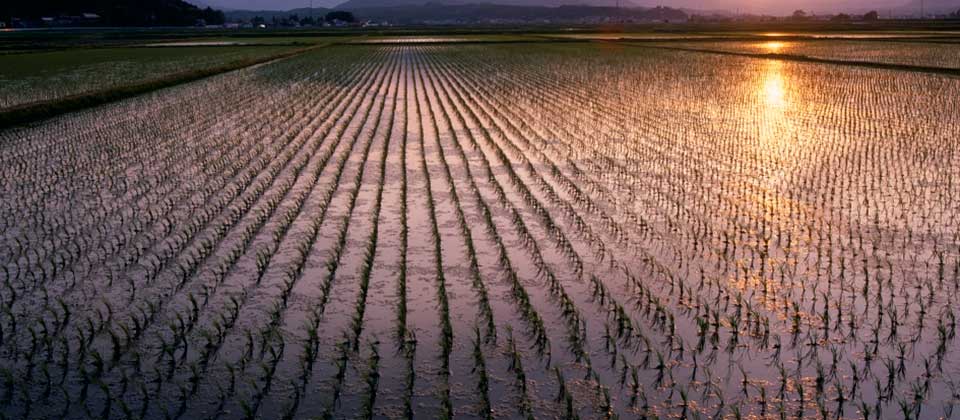






“South Korea can be considered as the ‘gateway to Asia.’”
If Canada’s west coast is the “gateway for Asia-Pacific trade,” South Korea can be considered as the “gateway to Asia.” South Korea (“Korea” hereafter) may be one single economy, but AgriVogue sees it as a strategic route for capturing the East Asian market at large because of its unique economic and geopolitical position in the region.
Korea, Asia’s fourth-largest economy after China, Japan, and India, is a developed economy with a modernized society that continues to advance in tandem with rising economic status. With a population of about 49 million, Korea is one of the world’s most densely populated countries. Its democratic government coupled with its particular economic position in the region – not as big as China and Japan yet boasts world-class competitiveness -- gives Korea the geopolitical advantage to secure free-trade agreements (FTAs) with the world’s largest economies such as the United States and the European Union.
Korea’s FTAs with the United States and the European Union are comprehensive. The agreements are the biggest and most significant to date for both the largest western trading blocs with an Asian country.
For the EU, the FTA with Korea means securing a strong foothold on Asia, while serving as a springboard to the Asian market. This is the same case for the United States.
For the U.S., the FTA with Asia’s fourth-largest economy, widely touted as a “landmark” and “historic” accord, is its largest since the North American Free Trade Agreement with Canada and Mexico that took effect in 1994.
As Seoul’s interest is to secure as many strategic FTAs as possible to sustain and strengthen the country’s competitiveness, it implemented in December 2015 a trade pact with neighbouring economic giant, China. It is also seeking one with Japan. Seoul is also regionally ahead, as it already has an FTA with India called the Comprehensive Economic Partnership Agreement.
With Canada also on the list of its strategic partners, implementation of the FTA on January 1, 2015 has further fortified Korea’s foothold in North America, while further boosting the western region’s clout in Asia.
Korea’s unrivaled web of FTAs with the world’s key regions would make it attractive as a global trade hub due to convenience, strategic advantages, and economic benefits.
Korea is an open-market economy led by exports. The country’s phenomenal economic growth story, which has allowed it to enjoy rapid yet steady economic growth since the 1960s, has been dubbed as the “miracle of the Han River.”
Such unwavering competitive drive has earned it some enviable achievements, such as the rank as the world’s 8th largest exporter following behind the Netherlands, France, Japan, the United States, Germany, the European Union, and China, according to 2011 rankings in “The World Factbook” published by the Central Intelligence Agency.
Along with market liberalization and rising economic status, more and more Koreans are growing affluent. A by-product of this has been consumers with sophisticated tastes and one of the most demanding in the region. Such phenomenon has prompted many multinational companies to choose Seoul as their test-bed market for new products, believing that winning the hearts of local consumers means chances for success in other Asian markets.
What’s more, growing popularity of Korean popular culture has given the country access to influencing trends not only in East Asia but also Southeast Asia. Any kind of exchange — cultural or economic — serves to boost bilateral ties at various levels and opens doors to mutual economic opportunities.
According to a 2011 report by the Korean government, agriculture accounts for only 2.5 percent of Korea’s gross domestic product, while the number of farms is projected to experience a continual drop. Such conditions underscore the vast potential for agri-food trade with Korea. AgriVogue also believes Korea’s economic prowess and tenacity raises the global market’s expectations for world-class Korean agri-food products.
Web Design by Burst!
Copyright 2012 AgriVogue Consulting Inc.